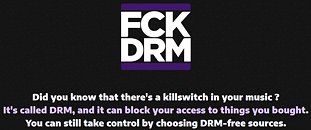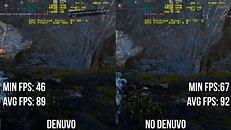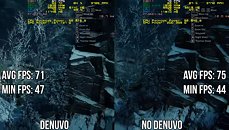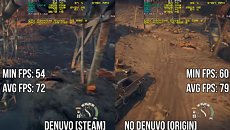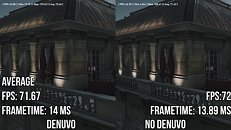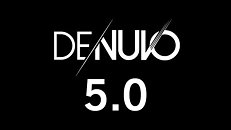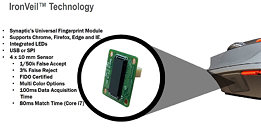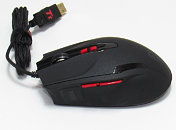New Exemptions To The DMCA Allow Users To Hack And Repair Their Phones (And Their Tractors, too)
You know that iPhone you bought? Or that home appliance? Or that tractor? They're not yours. Not completely, I mean, because if something breaks, you'll have to repair them through the official repair services of the hardware maker. You can try to repair them by yourself, but you'll probably have a lot of trouble doing it or even getting an unofficial technical service to do it. Oh, and until now it even wasn't legal for you to try. Companies such as Apple, Microsoft, Samsung or John Deere have turned repair control into an art form. The DRM they impose on their products is becoming more and more complex, and there are lots of devices that are very complicated to open to try to repair.
Agencies like EFF have long been fighting for the so-called "right to repair" movement to try to fight these kinds of strategies, and these days those efforts have paid off. The Librarian of Congress and US Copyright Office have adopted "exemptions to the to the provision of the Digital Millennium Copyright Act ("DMCA") that prohibits circumvention of technological measures that control access to copyrighted works". This means that from now on, users will be able to hack the software and fix the hardware on (some of) their devices in order to repair or maintain them. The new rules apply to smartphones, "home appliances" and "home systems", but they go beyond there and will allow users to repair cars, tractors and other motorized land vehicles (no boats or planes, though) by modifying their firmware.
Agencies like EFF have long been fighting for the so-called "right to repair" movement to try to fight these kinds of strategies, and these days those efforts have paid off. The Librarian of Congress and US Copyright Office have adopted "exemptions to the to the provision of the Digital Millennium Copyright Act ("DMCA") that prohibits circumvention of technological measures that control access to copyrighted works". This means that from now on, users will be able to hack the software and fix the hardware on (some of) their devices in order to repair or maintain them. The new rules apply to smartphones, "home appliances" and "home systems", but they go beyond there and will allow users to repair cars, tractors and other motorized land vehicles (no boats or planes, though) by modifying their firmware.







